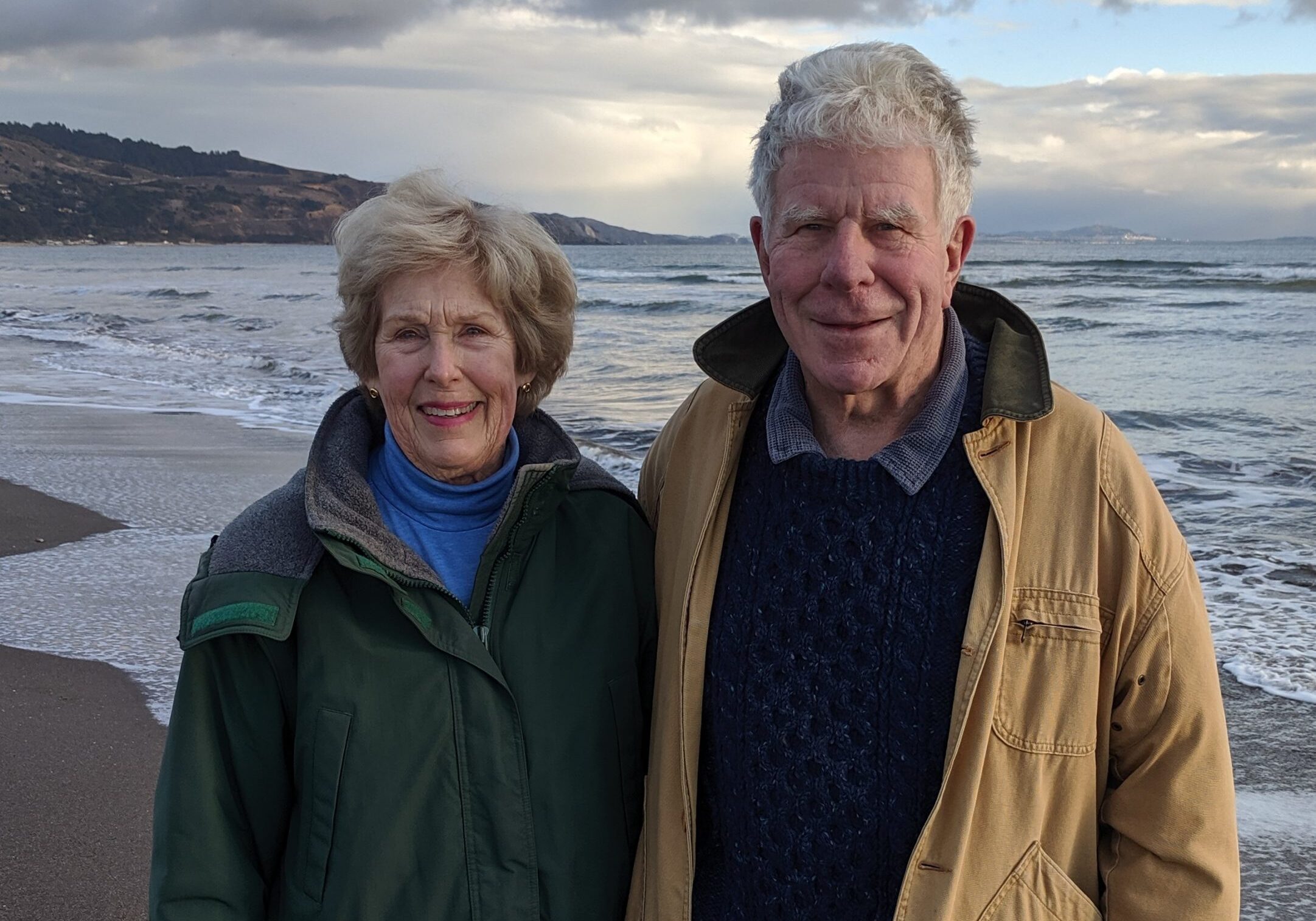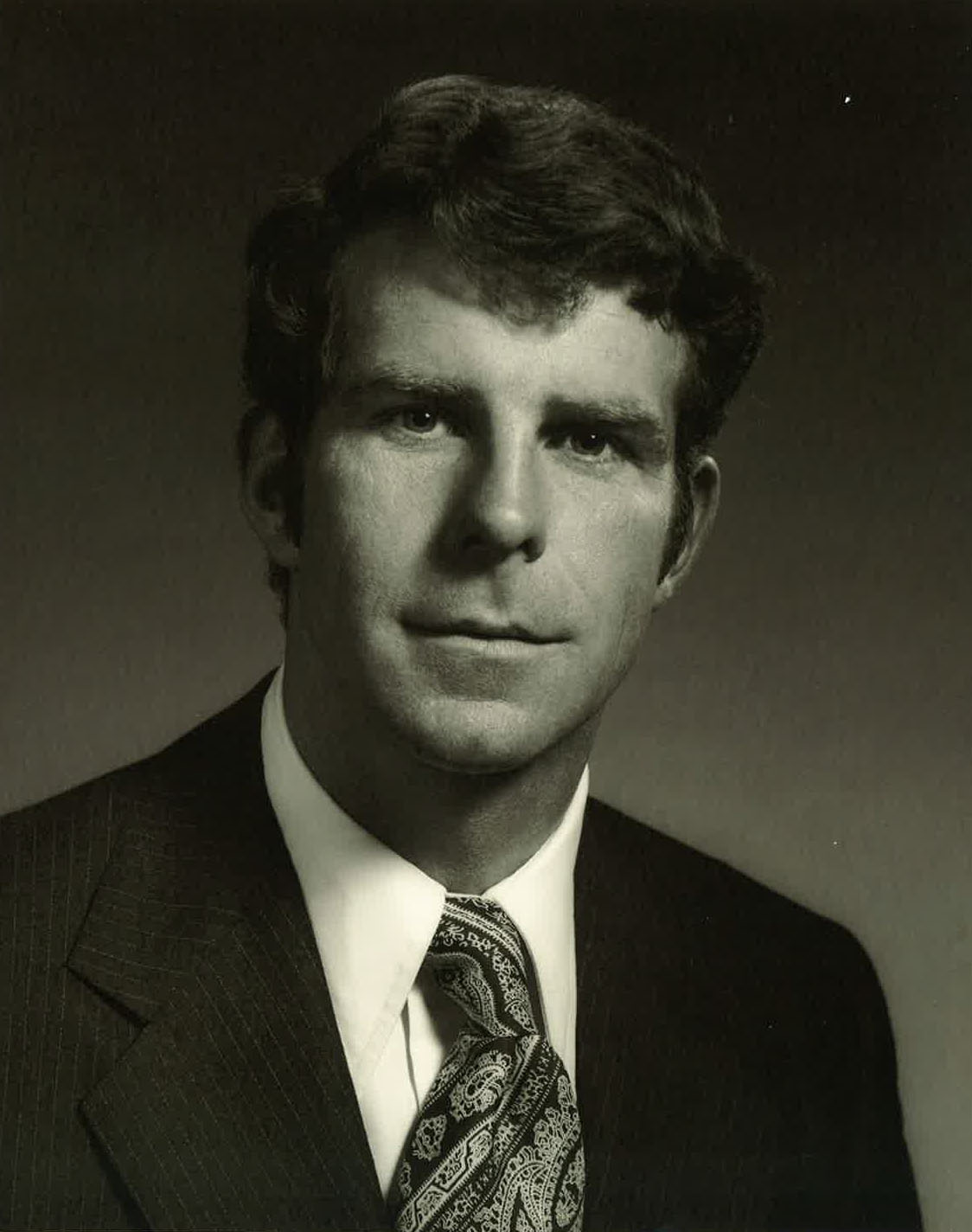The Emergence of BASF as a Public Interest Force
The Bar Association of San Francisco in 1973
by Michael Traynor, 1973 BASF President
In the 1960s, even the largest firms were modest in size, lawyers rarely moved laterally, partners fostered associates’ careers expecting them to become partners, and BASF had traditional committees, a lawyer referral service, and social activities. With significant exceptions, most members were white men who did not prioritize public interest law reform. But "The Times They Are a-Changin,'" as Bob Dylan sang, the civil rights movement and the anti-Vietnam War movement grew, and San Francisco hosted the 1967 "Human Be-In" and "Summer of Love."
More women were becoming lawyers and leaders, including the late Joanne Garvey (President, 1981). Lawyers increasingly sought to contribute to the administration of justice, liberty and equality, and access to legal services.
This particular story begins in 1967. Ronald Reagan was Governor and a judicial vacancy opened in San Francisco. Instead of BASF’s recommendation, the Barristers Club thought he should appoint a lawyer with exceptional criminal and civil law experience. It recommended Robert Merrill and helped secure his appointment, and he began a distinguished career as a trial and appellate judge.
In 1969, the People's Park controversy erupted in Berkeley and over 400 demonstrators were taken to Santa Rita jail. Within three days, the Barristers Club assembled a task force of volunteer lawyers to serve as neutral observers and obtained a federal court order appointing them in aid of the court’s civil rights jurisdiction.
In 1970, a number of us, including Barristers Club members, organized BASF’s change in direction by electing a new nominating committee and persuading Bob Raven of Morrison & Foerster to help lead the effort and become president in 1971. Bob was respected by older leaders as well as Young Turks and helped achieve a smooth transition and avoid a rupture.
The new BASF initiated efforts in bail and prison reform, court administration, youth education, and legal assistance to the poor and to immigrants. It hired Richard Morris as general counsel. His summary of activities during 1971 and 1972 is on BASF’s history archive.
Supported by declarations from Judge Ira Brown on the civil side and Judge Walter Calcagno on the criminal side, BASF brought a friendly writ action against the San Francisco Superior Court to establish the court's inherent authority over the county clerk as clerk of the court. The court’s denial of the writ on the ground that the court had such authority led to the creation of a special courts committee headed by Jack Sutro (President, 1962-63) that helped the court get its house in order.
Along with continuing reform efforts, BASF together with ABA President Chesterfield Smith and a few city bar associations led a national demand that President Nixon tell the truth about Watergate in 1973.
Those of us who remember these early days can celebrate our colleagues who helped BASF emerge as a public interest force and applaud our successors for their many initiatives that have made BASF the prized institution it is today.
Michael Traynor reflecting on his service as BASF president, recorded at a June 2022 past presidents reception at the BASF office in San Francisco.

Michael Traynor with his wife Shirley Traynor.

Michael Traynor's 1973 presidential portrait
Join the celebration
Visit the History Archive
Throughout this year, we are adding historical documents and articles to the newly created history archive in our online documents library.
Share a Memory
We'd love to hear from you. If you have a story, article, or historical photo related to San Francisco legal history, we'd love to hear from you.
